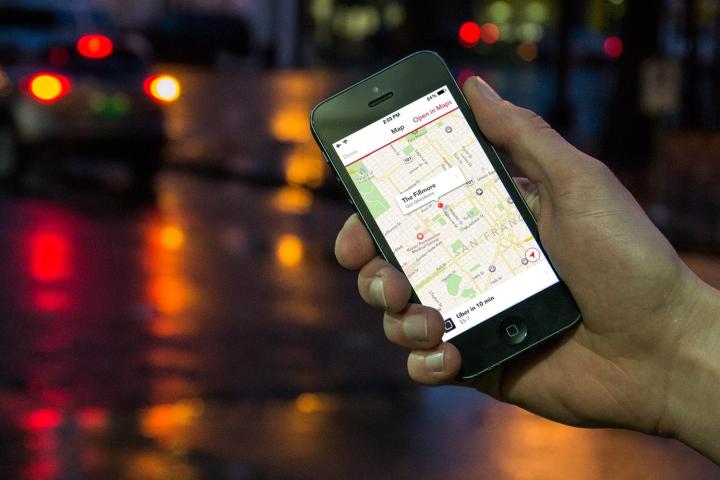
The incidents, which took place in the Belgian capital of Brussels over the weekend, follow similar happenings in Amsterdam last week and highlight growing tension between traditional taxi firms and the relatively new ride-hailing service.
Belgian cops said four individuals, “including employees of the Uber company, were assaulted by four to six people.” However, Uber’s general manager in Belgium, Filip Nuytemans, made claims to the Wall Street Journal of “at least 20 incidents” where taxi drivers blocked Uber cars as they went to collect passengers, threw eggs and flour into Uber cars, took drivers’ phones, and even “dragged passengers onto the street.”
Nuytemans said the assaults were carried out by a “small group” of taxi drivers angry at Uber’s presence in the city.
Constantin Tsatsakis, president of the Association of Taxis in Brussels, claimed Uber’s description of the weekend’s events made them sound more serious than they really were, adding that so far only one taxi driver had been arrested, apparently in connection with an incident where flour was thrown into an Uber vehicle.
Rotten month
It’s so far been a rotten month for Uber’s European operation. Besides recent alleged assaults in Brussels and Amsterdam, the company is dealing with court orders banning its service in Germany and Spain, while in Paris its offices were raided by armed cops in connection with an investigation into its business activities there.
The ride-hailing service has faced protests in cities around the world by licensed taxi companies insisting Uber should be banned from operating as its drivers are not professionally qualified.
The San Francisco-based company has been trying to improve relations with regulators throughout Europe with suggestions it could create as many as 50,000 jobs across the continent by the end of 2015 if it’s allowed to function more freely.
Taxi drivers apparently taking matters into their own hands is certainly a worrying development for the company, and one that may cause it to reconsider how it does business in the region.
Editors' Recommendations
- Uber is making drivers take selfies to prove they’re wearing face masks
- Uber drivers and riders will soon be required to wear face masks
- Uber responds to gig-economy law by testing driver-led bidding system
- Uber just got hit with a massive fine over how it classifies its drivers
- Uber is now arguing that it doesn’t actually have any drivers


